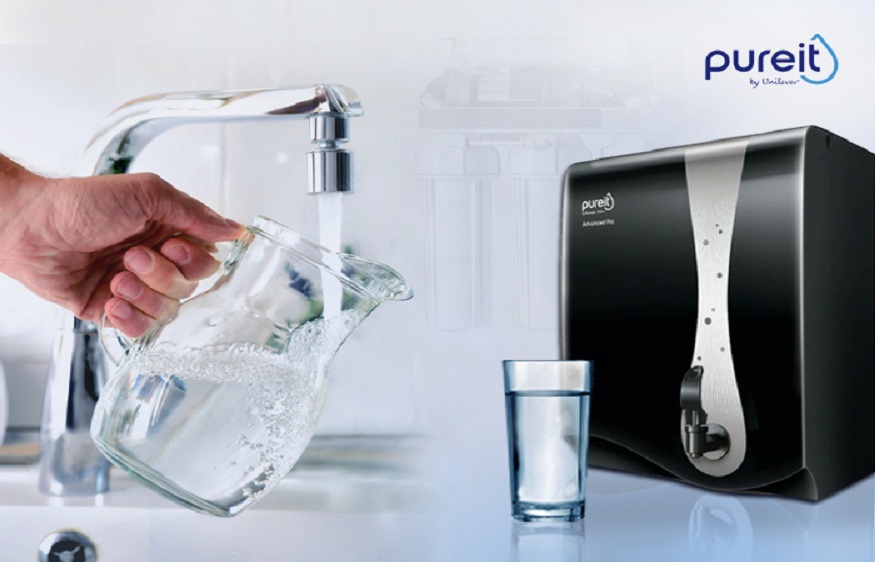Did you know that 783 million people lack access to clean, safe water worldwide? Did you know that future water scarcity will be a real problem? Water that has been purified is the most crucial resource for everyone on earth. It is used for drinking, cooking, and other domestic tasks like bathing, cleaning teeth, and washing clothes. It is crucial for preserving the hygiene of our environment and making our lives healthier.
Affordable drinking supply
Water purification technologies such as filtration, distillation or RO save lives in many ways. In areas where access to safe drinking water is limited, these technologies can provide a reliable and affordable source of safe drinking water. They can also be used in emergencies, such as natural disasters and humanitarian crises, to provide clean water to needy people.
Prevention of diseases
Water purification helps prevent the spread of waterborne diseases. Waterborne diseases such as cholera, typhoid, and dysentery are caused by ingesting contaminated water. By providing safe drinking water, these technologies help reduce the incidence of these diseases and save lives.
Saving water ecosystems
In addition to providing safe drinking water, water purification technologies are also helping to preserve the environment. By removing impurities and contaminants from water, these technologies are helping in reducing pollution and protecting the ecosystem. For example, Pureit Eco Water Saver Mineral RO+UV+MF Water Purifier, which, when compared to other RO water purifiers, provides efficient purification and high water savings. It reduces rejected water to less than one glass for every glass of water purified, as opposed to other ROs, which waste up to 2.5 glasses for every glass filtered. This can save up to 80 glasses per day.
Reasons why water purification is important in today’s world:
- By removing chemicals, pesticides, chlorine, microbiological pollutants, and heavy metals from water, filtering can produce water that tastes better and smells better.
- Water treatment filters can eliminate up to 240 additional volatile organic compounds in addition to chlorine and other pollutants from drinking water.
- While retaining beneficial mineral deposits that maintain the pH balance of drinking water, water filters are made to remove hazardous pollutants from water selectively.
- Reverse osmosis technology and other water purification systems have been demonstrated to minimise the risk of gastrointestinal sickness by more than 80% by removing cryptosporidium, e-coli, and giardia.
- Filtered water is necessary for kids as it provides them with clean, mineral enriched water that is crucial to strengthentheir immune systems.
- Over 2,100 identified poisons can enter the body through drinking water. Thus, it can be reduced by drinking filtered water.
- Drinking pure water promotes health in general and aids in illness prevention.
The future of water purification technology
Using solar energy
It has been used to create clean water from sunlight for over two thousand years. Long-known water-borne pathogens that can make people sick if they consume untreated water are known to be inactive when exposed to sunlight. However, this water-cleaning procedure may take a few hours, depending on the temperature and weather.
Nanotechnology
An innovative water sanitation technology uses nanotech biosensors to detect chemicals and heavy metals in the water. The technique of attracting toxic metals and pesticides to nanoparticles, which are purposefully designed to be too large to pass through filters, eliminates toxins from water.
Modern Filtration
Future water scarcity is a significant problem, so researchers have been developing rather inventive ways to purify water. Creating water filtration technology that turns cow faeces/poo into filtered water that can be used as fertiliser is an innovative technique. It is combined with an ultra-filtration reverse osmosis system to produce clean water.

